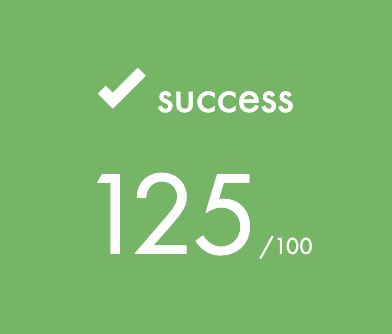The purpose of this project is to code a small data exchange program using UNIX signals.
About · Usage · Usefull Command · References
The purpose of this project is to code a small data exchange program using UNIX signals. It is an introductory project for the bigger UNIX projects that will appear later on in the cursus. Hopefully you will be able to reuse it in future project without the fear of being flagged as a cheater. You will mainly learn how to use signal functions.
minitalk is an individual project at 42 that requires us to create a small dataa exchange program from client to server.
Click here for the interactive link.
- Unix logic
- Rigor
- Unix
- Algorithms & AI
Follow the steps below
1. Clone the repository from github
git clone https://github.com/abdulazizabduvakhobov/Minitalk && cd minitalk/2. Compile the library by Makefile To compile the library, go to its path and run:
For all mandatory and bonus functions:
make3. Open new terminal on the same directory and run the server:
./server**4. Open new terminal on the same directory again and run the client with pid of server: ** NOT: first you must get pid (proccess id) from the server.
./client pid "Your message"The library is written in C language and needs the gcc compiler and some standard C libraries to run.
1. Cleaning all binary (.o) files
To clean all files generated binary files while doing a make, go to the path and run:
make clean2. Cleaning all binary (.o) and executable files (.a)
To clean all files generated while doing a make, go to the path and run:
make fclean3. Cleaning all binary (.o) and executable files (.a) in all directories
To clean all files generated while doing a make, go to the path and run:
make ffclean4. Checking Norminette standart
To check Norminette errors of all files, simply go to the path and run:
make norm5. Help command
To get information about command, run:
make help





